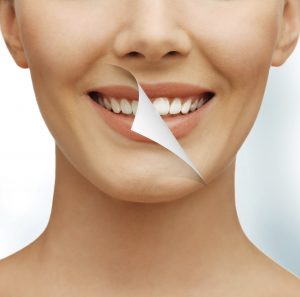
Who doesn’t love summertime? It is the most fun time of the year. No school, lots of time for family vacations, the sun is warm and there is plenty of fun to be had. So, you pack a few things and off you go…off to spend a few days being carefree with the ones you love most.
Before you leave the house, take a few moments to prepare for an emergency we rarely think about when preparing for a vacation: an oral one. It’s important that you are cognizant of the amount of sugars you consume, and that you drink lots of water to make sure you and yours stay hydrated and keep saliva production active. The more saliva production, the more protection you’re giving your mouth from cavity-forming bacteria and bad breath. Who wants to come home and deal with a mouth full of cavities after a wonderful time away?
If your family is a more adventurous brood, keep some type of lip balm handy for your outdoor adventures and apply often. With being active comes a lot more chance for accidental mishaps, so always be aware of your surroundings. Cracking a tooth during a camping trip or some other dental emergency could spoil the fun if you aren’t careful. Having a dental first aid kit is a smart idea if you are planning to spend time outdoors. Make sure you also include contact info for a local dental contact in case something major happens and immediate action is necessary. Being proactive on a vacation saves a lot of stress, and isn’t that the point of your family fun?
If you have questions or concerns about the effects of dental care on vacation, make an appointment today with Dr. Philip Schnall at 212-247-7059 or visit our website at www.philipschnalldmd.com.
Dr. Schnall proudly serves New York and all surrounding areas.
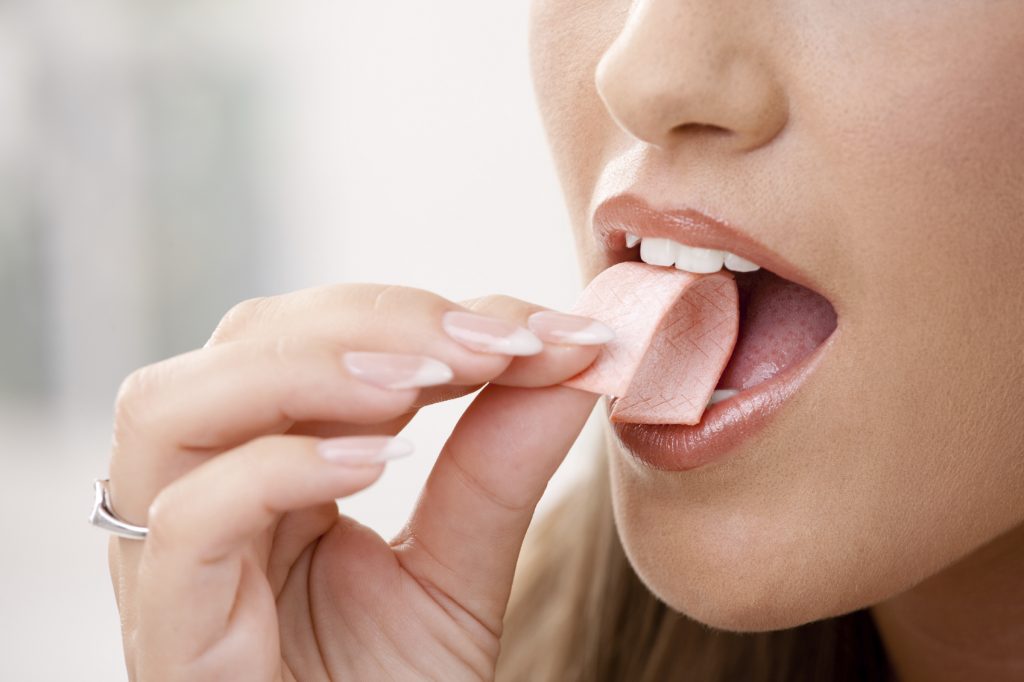
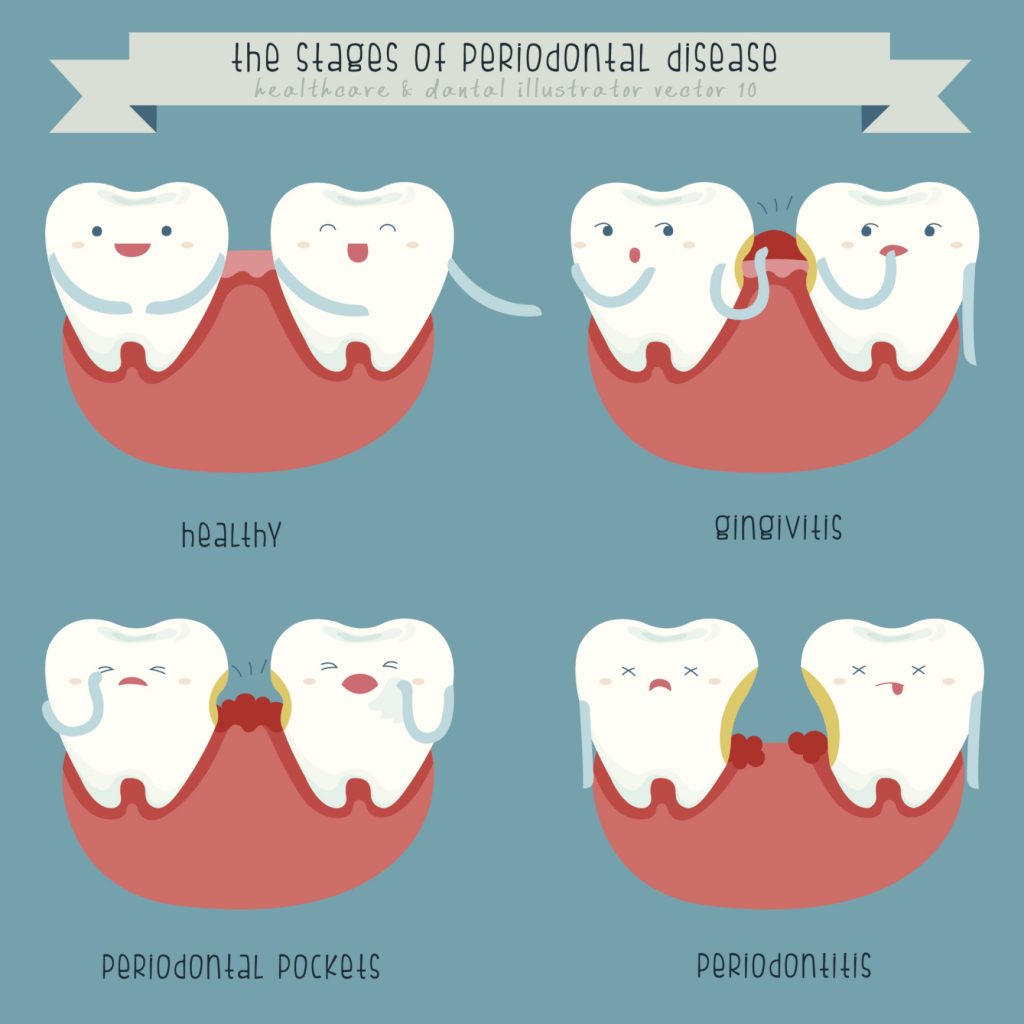
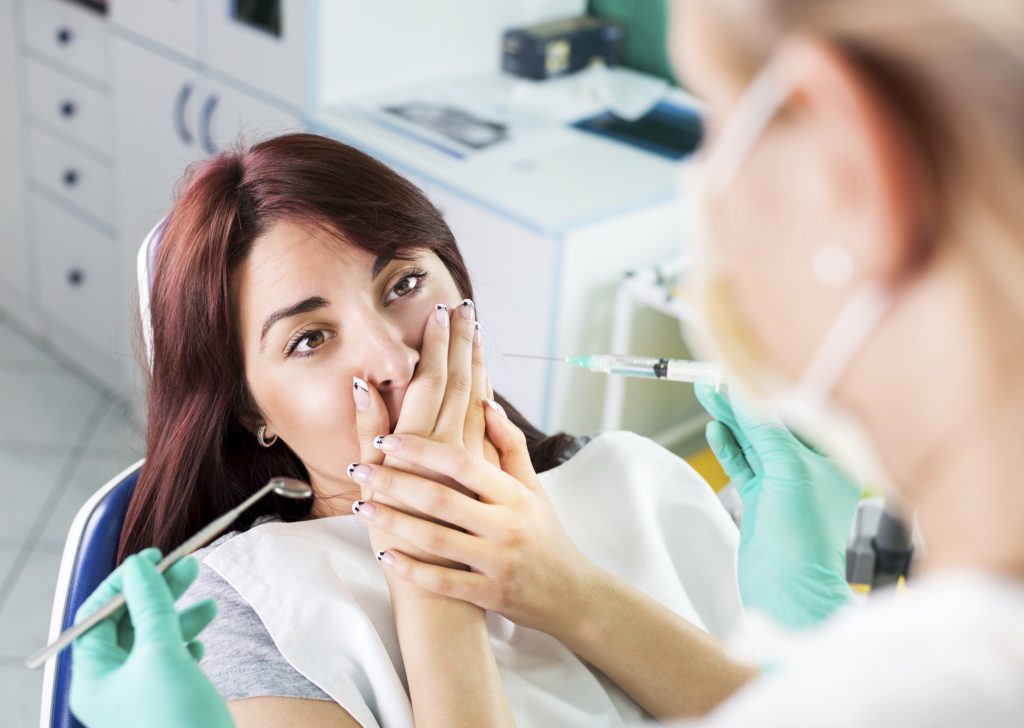
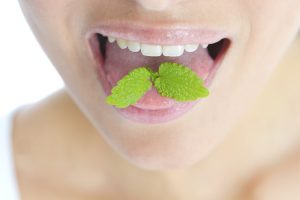
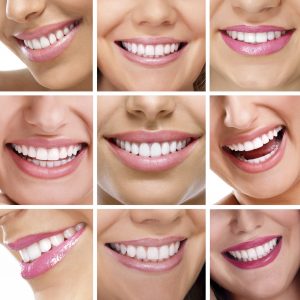
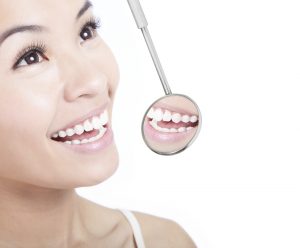
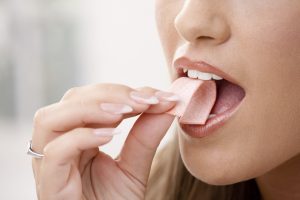 Periodontal disease is one of the most common problems Americans face – as many as half of American adults have some level of periodontal disease, and that percentage increases at higher ages. Periodontal, or gum, disease can take many forms – from mild gingivitis, with symptoms like red inflamed gums to severe periodontal disease, where pus from infections can push teeth from their socket.
Periodontal disease is one of the most common problems Americans face – as many as half of American adults have some level of periodontal disease, and that percentage increases at higher ages. Periodontal, or gum, disease can take many forms – from mild gingivitis, with symptoms like red inflamed gums to severe periodontal disease, where pus from infections can push teeth from their socket.
